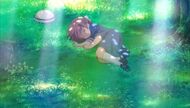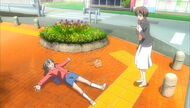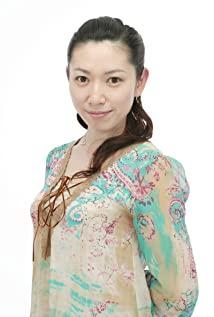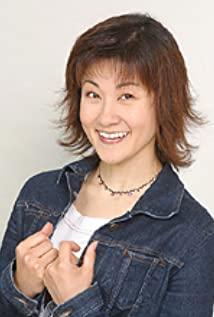High school education in Japan usually lasts for three years, with ordinary high schools as the main body, including vocational high schools, comprehensive high schools, vocational schools and other types of high schools. The nature of Japanese high school is divided into three types: national, public (that is, prefectural high schools, etc.) and private; in terms of teaching methods, there are three types of full-time, part-time and correspondence. Except for Saturdays and Sundays, Japanese schools are open to students in sports venues, reading rooms, libraries, etc. during holidays, and relevant teachers provide services for students. The courses offered by ordinary high schools in Japan are the same. There are 43 subjects in the fields of national language, geography, history, mathematics, science, health care, art, foreign language, and family. In addition to the above courses, some schools have opened a lot of activities. Class courses: physical education, music, art, calligraphy, etc., especially the traditional Japanese kendo, archery, judo, tea ceremony, etc., are provided to students to choose, and the instructors are all taught by school teachers to meet the development needs of students at different levels. In addition to the normal course teaching, students voluntarily choose to participate in school activities after school (usually at 4:00 pm), such as music, art, kendo, judo, tea ceremony and other club activities for 2-3 hours. In Japan, there is a system that encourages students to study during vacations. Elementary and junior high school students are generally brought by their parents to “study” in the country nearby. In addition to “study” in China, high school students also go to Australia, China, Europe and other places for training. Projects are generally historical and geographical. Therefore, in early August, students with small bags and water bottles will be seen in places of interest such as Mount Fuji, the ancient city of Kyoto, and Osaka Castle. Some high schools also send students to study in China and Europe every summer, and form inspection reports.
View more about Clannad: After Story reviews











